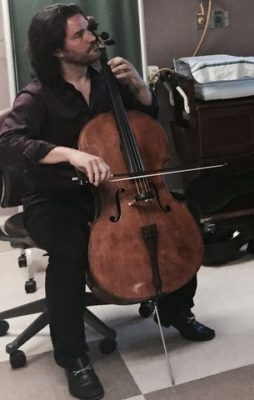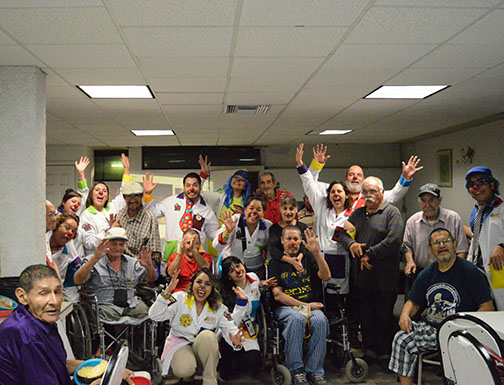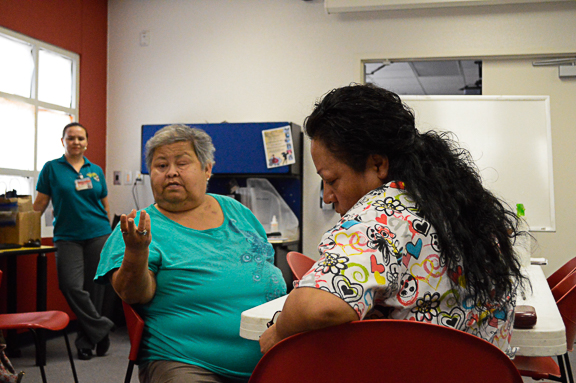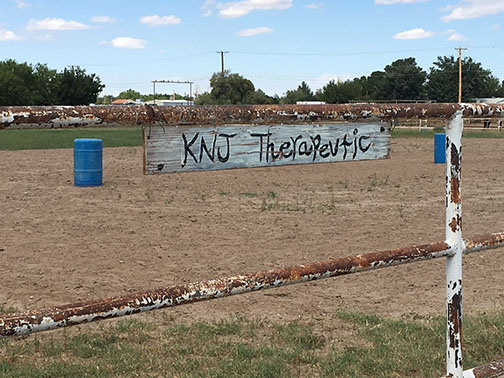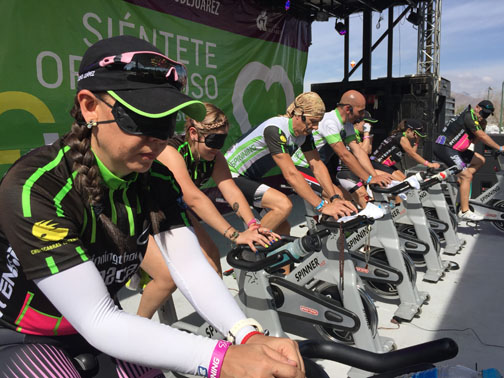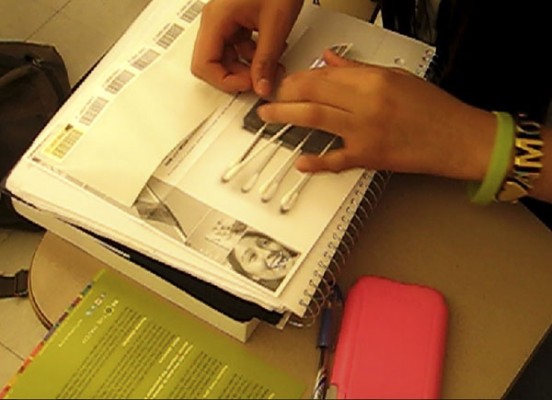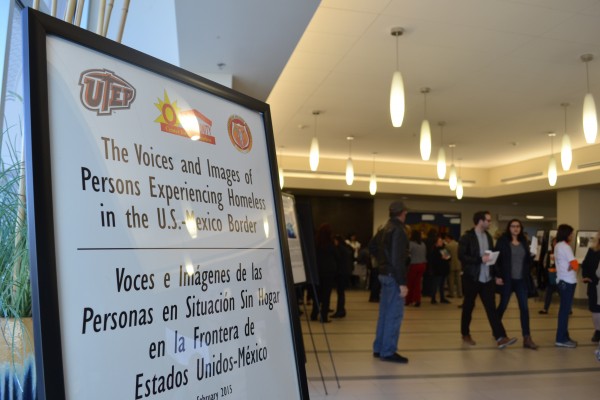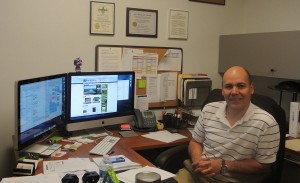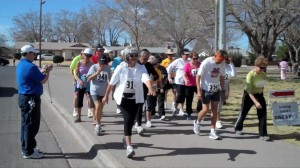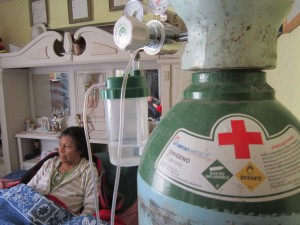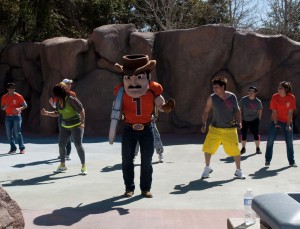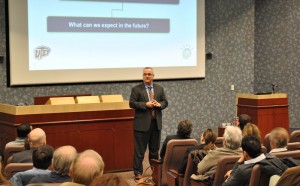Pro Musica performers fill El Paso hospital wards with the joy of live music
|
EL PASO, Texas – When classical musicians perform in local hospitals, both the players and the patients find it to be good medicine. “It’s about being a healer, because the music is designed to soothe and heal and when you see that there is a change in the status of their health,” said Felipa Solis, Executive Director of El Paso Pro Musica. Performers with Pro Musica are going beyond the concert hall to bring classical music to the people, which UTEP masters cellos performance major Amy Miller said helps her as a musician to build a connection her audience. “I think that playing for people is very important because, you know, you’re in a practice room for hours at a time and you’re playing for yourself but when you have that time to share with someone else and connect with them in that way,” she said “You know, music is an unspoken language, it’s universal.” Solis said that playing music for hospital patients is an extension of the groups’ mission to make classical music accessible to all.
